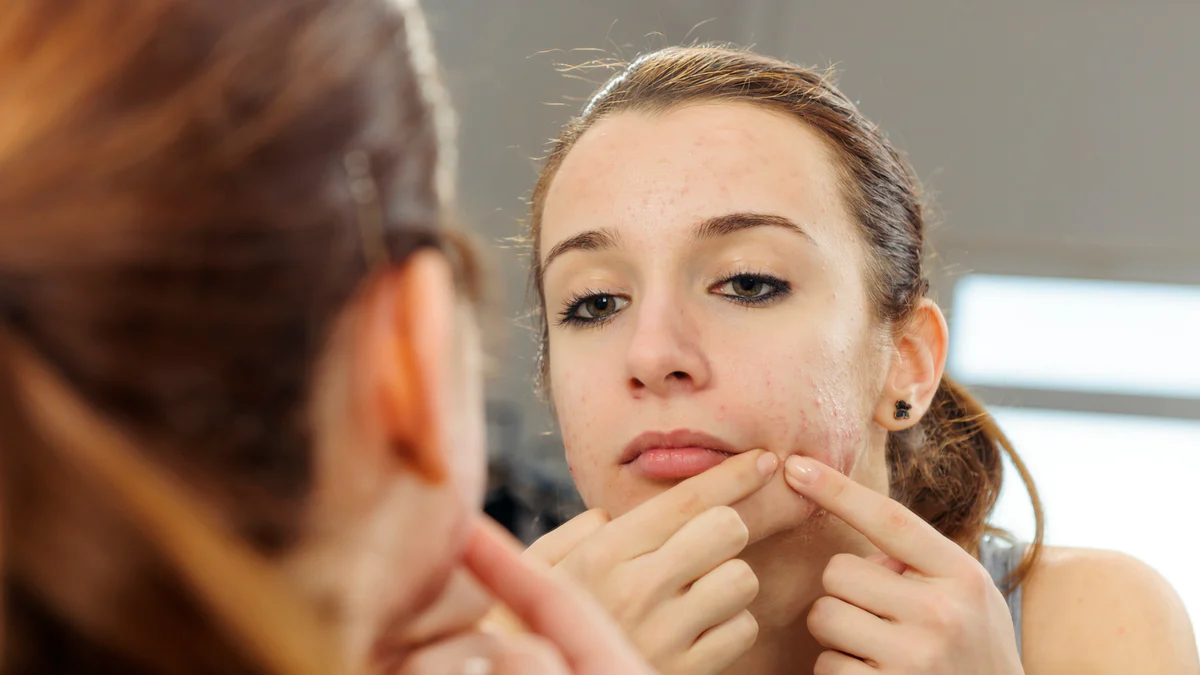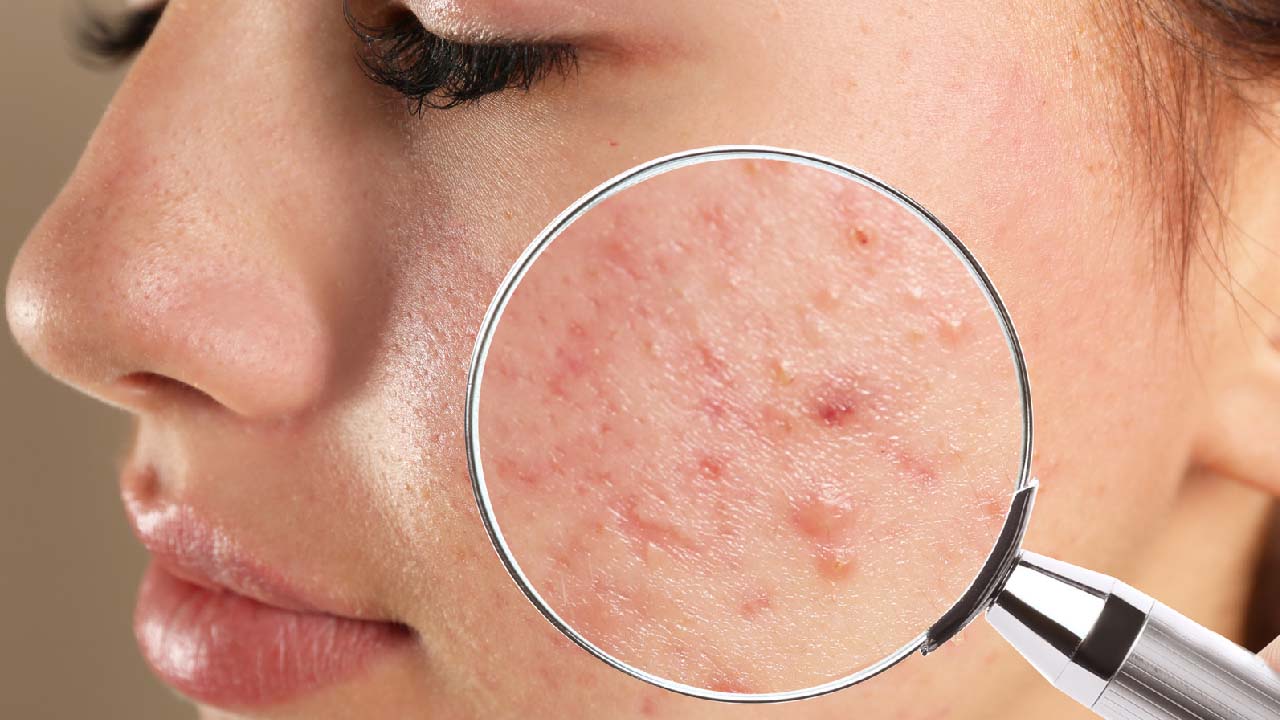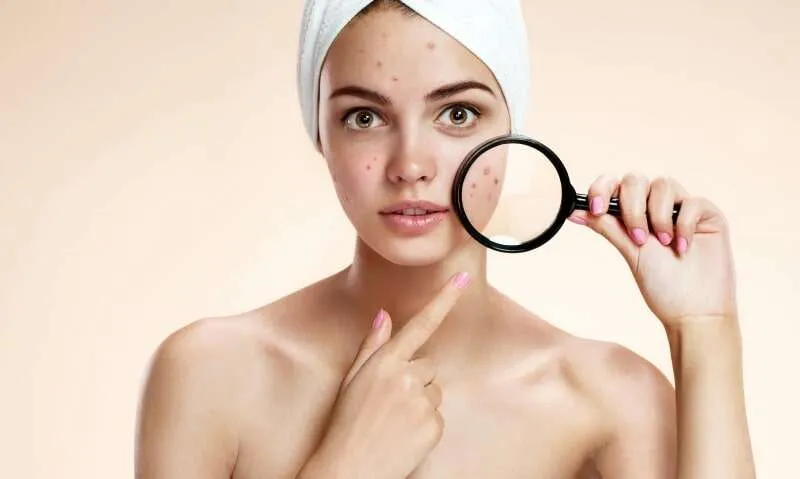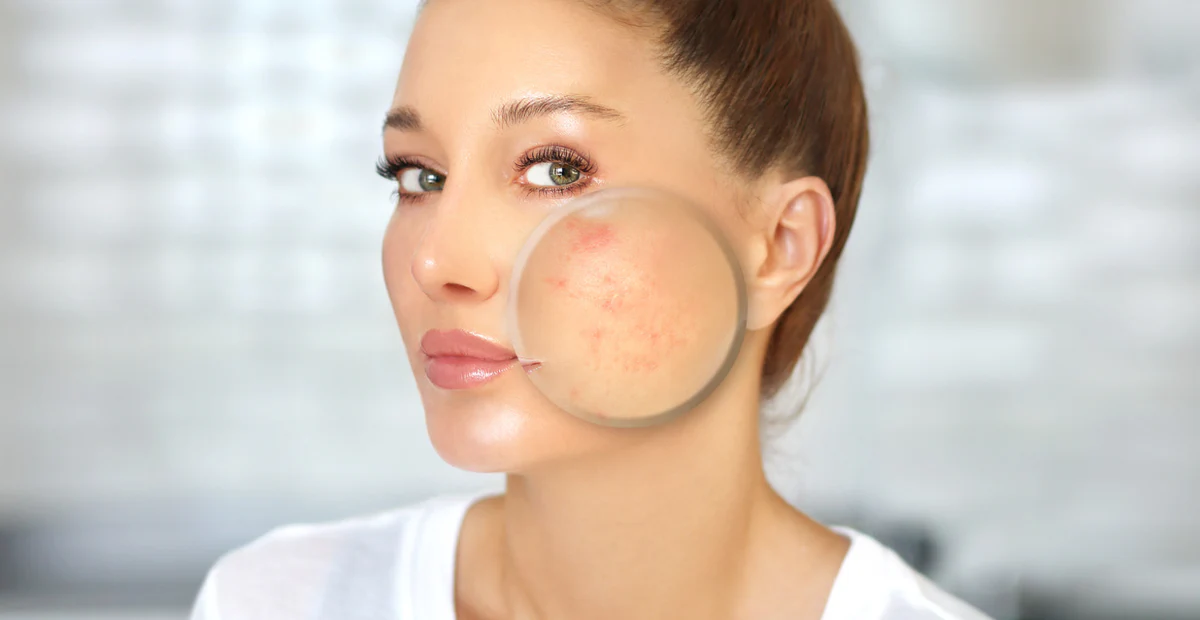Lifestyle Habits and Acne Scarring: Understanding the Connection and Prevention

Acne is a common skin condition that affects millions of people worldwide. While many experience acne during their teenage years, it can persist into adulthood, leaving behind an unwelcome reminder in the form of acne scarring. Acne scars not only affect one’s physical appearance but can also impact self-esteem and confidence. In this blog, we will explore the relationship between lifestyle habits and acne scarring and provide valuable insights on preventing and managing this skin concern.
The Causes of Acne Scarring
Acne scarring occurs when the skin’s natural healing process is disrupted during severe or persistent acne outbreaks. When the skin is inflamed due to acne, collagen, a protein responsible for skin’s structure and elasticity, can be damaged or overproduced. In some cases, the body may produce too much collagen, leading to raised scars (hypertrophic or keloid scars), while in other instances, there may be a loss of tissue, resulting in depressed scars (atrophic scars).
The Role of Lifestyle Habits
While genetics and skin type can predispose some individuals to develop acne and subsequent scarring, certain lifestyle habits can exacerbate the condition and increase the likelihood of scarring:
Picking and Squeezing: One of the most significant contributors to acne scarring is picking, squeezing, or popping pimples. This habit damages the skin further, increases inflammation, and prolongs the healing process, leading to a higher risk of scarring.
Sun Exposure: Excessive sun exposure can worsen acne scarring by triggering melanin production, making the scars more noticeable. Additionally, UV rays can break down collagen, hindering the skin’s natural repair process.
Poor Skincare Routine: Not following a proper skincare routine can contribute to acne breakouts and hinder the skin’s ability to heal. Using harsh products or failing to keep the skin clean can exacerbate inflammation and scarring.


Smoking: Smoking tobacco can compromise blood flow to the skin, leading to delayed wound healing and increasing the risk of acne scarring.
Prevention and Management
Fortunately, there are steps you can take to prevent and manage acne scarring:
Hands Off Approach: Avoid picking, squeezing, or popping pimples. Instead, use spot treatments with ingredients like benzoyl peroxide or salicylic acid to reduce inflammation and encourage healing.
Sun Protection: Wear sunscreen with at least SPF 30 daily to shield your skin from harmful UV rays. Sunscreen can also help minimize the appearance of existing acne scars.
Gentle Skincare: Use a gentle cleanser and avoid abrasive scrubs that can irritate the skin. Incorporate products with ingredients like retinoids and alpha hydroxy acids (AHAs) to promote collagen production and skin cell turnover.
Healthy Lifestyle: Maintain a balanced diet, stay hydrated, and avoid smoking to support overall skin health and healing.
Professional Treatments: Consult a dermatologist for professional treatments such as chemical peels, microdermabrasion, laser therapy, or microneedling, which can help improve the appearance of acne scars.


Established in 2001,
Under the supervision of
Senior Dermatologist
and Cosmetologist
Dr. Padmavathi Surapaneni
Contact
-
6-3-347/22b/1/1, Saibaba temple lane,
Panjagutta, Hyderabad-500082. - Book an Appointment
- +91 9848367000
- +91 40 66827999
- +91 40 66666399
- +91 40 23356070/80
Recent Posts
Copyright © 2023 Pragna Skin Care and Laser Clinic. All rights reserved